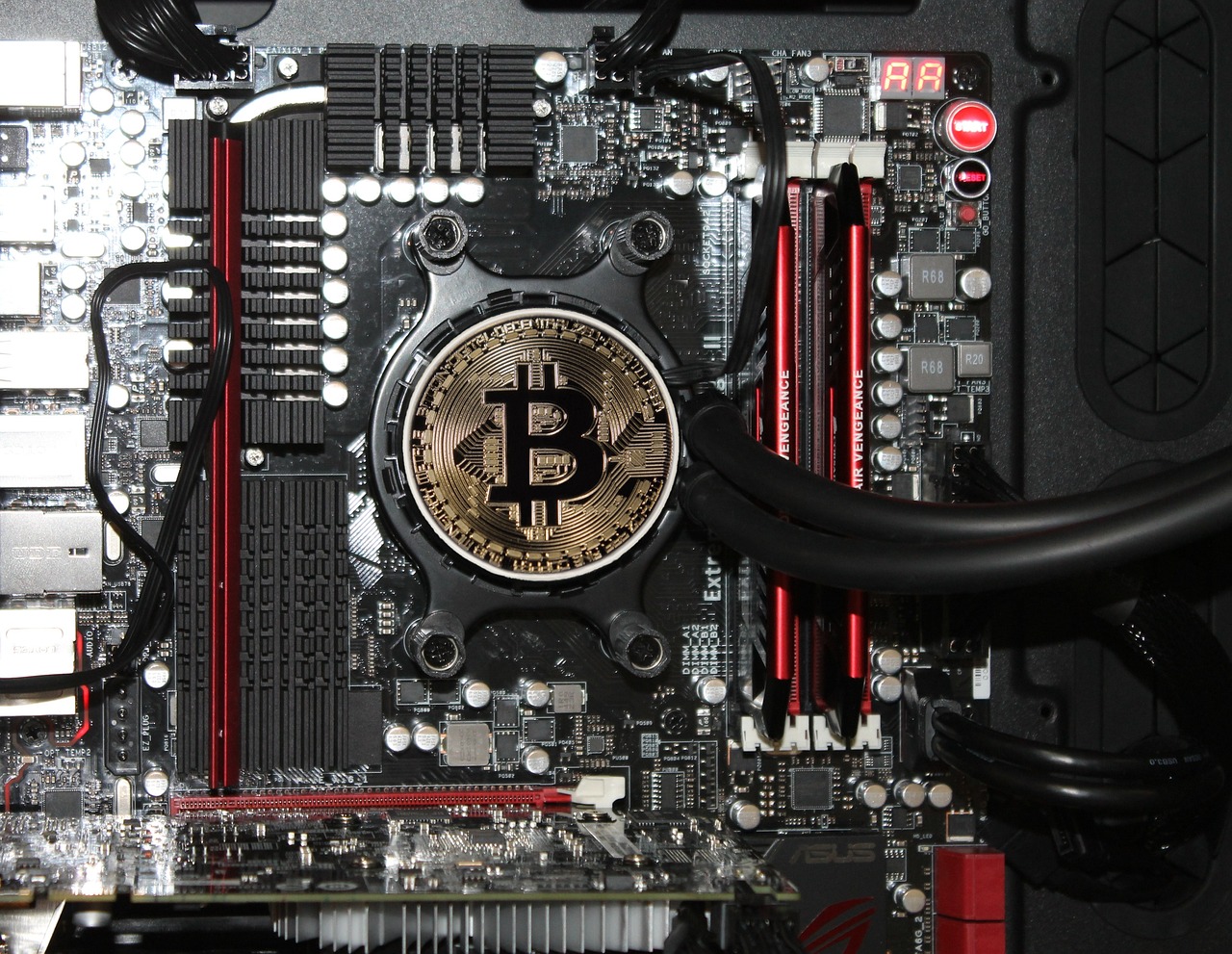5G Technology: Shaping the Future of Connectivity
5G technology, the latest advancement in wireless networks, promises to revolutionize the way we connect and communicate. It is the fifth generation of mobile networks, succeeding 4G LTE, and is designed to deliver faster speeds and lower latency, allowing for more seamless connectivity and improved user experience. With 5G, users can expect enhanced capabilities for streaming high-definition content, playing online games, and utilizing real-time applications.
One of the key features of 5G technology is its ability to support a massive number of connected devices simultaneously. This is made possible through advanced technologies such as beamforming and massive MIMO, which enable more efficient use of the wireless spectrum. As a result, 5G networks are poised to accommodate the growing demand for connectivity in an increasingly digital world, paving the way for the Internet of Things (IoT) to flourish and enabling a wide range of innovative applications across industries.
• 5G technology promises faster speeds and lower latency
• Designed to deliver more seamless connectivity and improved user experience
• Enhanced capabilities for streaming high-definition content, playing online games, and utilizing real-time applications
• Supports a massive number of connected devices simultaneously through advanced technologies like beamforming and massive MIMO
• Accommodates the growing demand for connectivity in an increasingly digital world
The Benefits of 5G Connectivity
5G connectivity offers a myriad of benefits to users across various industries and sectors. One of the key advantages is the significantly faster speeds it provides compared to previous generations of mobile networks. With 5G, users can experience lightning-fast download and upload speeds, enabling quicker access to online content and seamless streaming of high-definition videos.
Another important benefit of 5G connectivity is its lower latency, which refers to the time it takes for data to travel from the sender to the receiver. This reduction in latency makes real-time communication and collaboration more efficient and reliable, particularly for applications that require instant responsiveness, such as online gaming and virtual reality experiences. Additionally, the increased capacity of 5G networks allows for more devices to be connected simultaneously without compromising on performance, paving the way for the Internet of Things (IoT) to flourish like never before.
The Impact of 5G on Internet Speeds
The roll-out of 5G technology has significantly enhanced internet speeds across the globe. With faster data transmission rates and lower latency, 5G has revolutionized the way we connect and interact online. Users can now experience quicker downloads, smoother video streaming, and better overall performance on their devices.
These advancements in internet speeds have paved the way for more seamless communication and connectivity. Whether it’s video conferencing, online gaming, or accessing cloud services, 5G has set a new benchmark for high-speed internet. The impact of 5G on internet speeds is undeniable, as it has not only improved user experiences but also opened up possibilities for innovative technologies to thrive.
What is 5G technology?
5G technology is the fifth generation of wireless technology that promises faster speeds, higher capacity, and lower latency compared to previous generations.
How will 5G benefit users?
5G connectivity will allow users to experience faster download and upload speeds, improved connectivity in crowded areas, and support for emerging technologies like virtual reality and the Internet of Things.
How will 5G impact internet speeds?
The deployment of 5G technology is expected to significantly increase internet speeds for users, providing faster and more reliable connections for activities such as streaming, online gaming, and video conferencing.





